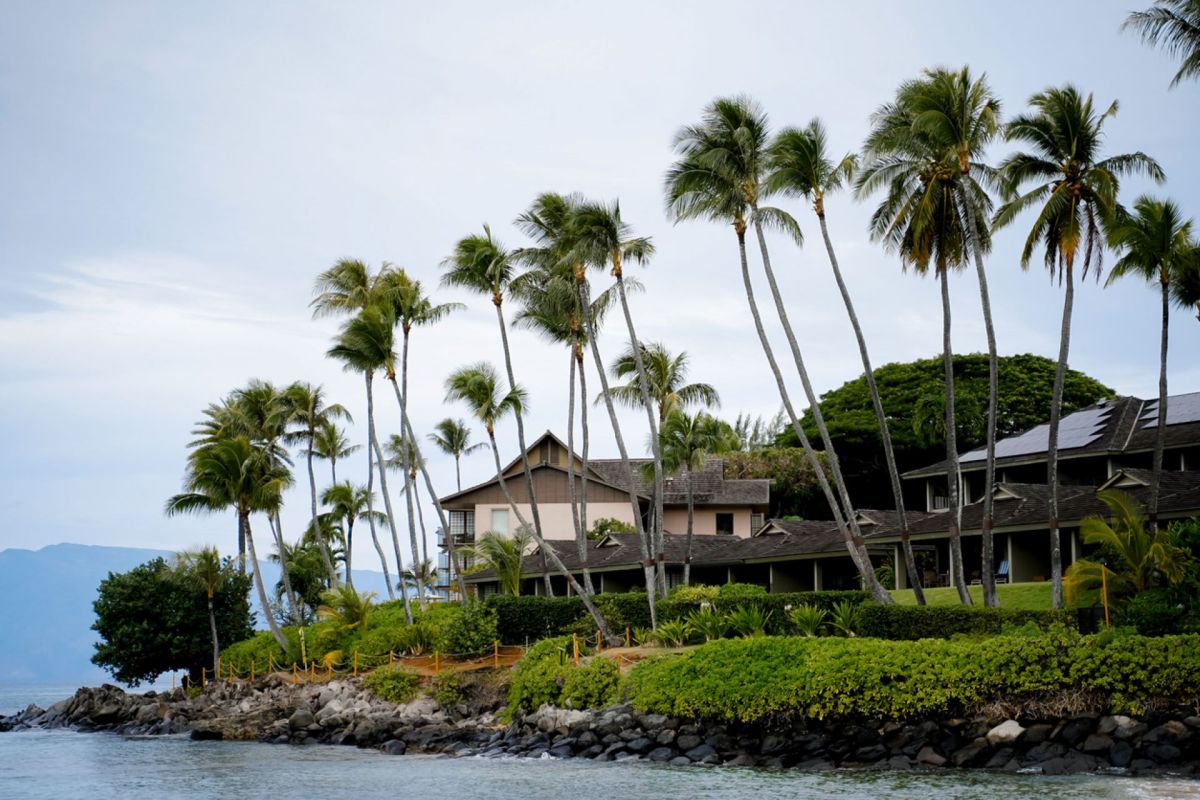In September 2022, Hawaiʻi closed its only coal power plant, taking a positive step toward a 2045 goal to produce only non-polluting electricity.
After closing the plant on Oahu — Hawaiʻi's third-largest island — the islands still needed an effective power source, and the state turned to rooftop solar generation as the answer.
A program from utility firm Hawaiian Electric paid households to add batteries to their solar array, which would allow them to send electricity to the grid at night for a fee. As Canary Media reported, the program saw immediate rewards, with enrollments passing 40 megawatts by December 2023 and reliance on the grid dropping by 15 to 17 megawatts a day.
According to Lani Shinsato, co-director for customer energy resources for Hawaiian Electric, those numbers should increase further when all those who have signed up for the scheme get their systems running.
But a change in tact from Hawaiʻi's Public Utilities Commission could put that significant progress in jeopardy, with a successor to the successful Battery Bonus scheme announced, known as Bring Your Own Device, which many expect won't be nearly as beneficial for residents.
The new initiative is a complicated process, and as Canary Media pointed out, confusion about BYOD and lower incentives compared to Battery Bonus may slow the level of take-up that was already proving so beneficial to Hawaiʻi's clean energy future.
"This is a huge policy error — it's reversing years of progress that we've been making," Rocky Mould, executive director of the Hawaii Solar Energy Association, told the publication.
According to Hawaiian Electric, renewables provided 31.8% of electricity generation in 2022, with customer-sited, grid-connected renewable solar and wind making up 46.6% of the total renewable energy production.
In the same year, 52.1%, 63%, and 64.4% of Hawaiian Electric's electricity generation came from dirty oil on Oahu, Hawaiʻi Island, and Maui County, respectively. That electricity would have produced planet-warming pollution that contributes to global heating.
The need to move away from polluting energy sources was put into starker focus following the devastating wildfire that ripped through Hawaiʻi's Maui Island and Big Island in August 2023.
While the cause hasn't been officially determined, the hot, dry, and windy conditions in the area in the days prior would have been perfect for the start of a wildfire, so reducing temperatures is undoubtedly even more of a priority for the state's lawmakers.
But beneficial and effective renewable generation is key to achieving this, and solar experts are calling on a return to the Battery Bonus scheme that proved so advantageous for all.
Join our free newsletter for cool news and actionable info that makes it easy to help yourself while helping the planet.









